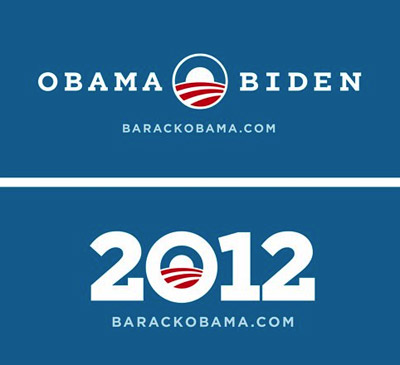
Federal Reserve Chairman Ben Bernanke with committee chairman Spencer Bachus (R-AL) on Capitol Hill March 2, 2011. Bernanke reportedly defended the Federal Reserves monetary policy against criticism from Republicans.
Hypocrisy at its best. For us commoners, it is illegal to trade stocks and bonds if we have access to non-public information about a company. Remember Martha Stewart. She was sent to federal prison for this exact crime. But did you know it is not illegal for everyone. The members of the U.S. Congress are exempt from this law.
Steve Kroft reports members of Congress and their aides have regular access to powerful political intelligence, and many have made well-timed stock market trades in the very industries they regulate. For now, the practice is perfectly legal, but some say it’s time for the law to change.
Peter Schweizer’s new book, Throw Them All Out, delves into the details of how both parties are enriching themselves with inside information that the public is not privy to. Many members of Congress are shown to have made suspiciously timed trades including John Kerry, Dick Durbin, and Jim Moran. But it is a Republican from Alabama, Spencer Bachus, who tops them all.
Henry Blodget of Daily Ticker recently reported on this.
Rep. Bachus made more than 40 trades in his personal account in the summer and fall of 2008, in the early months of the financial crisis.
The fact that Bachus personally traded while getting private government briefings is bad enough. The fact that he was the ranking member of the House Financial Services Committee at the time is simply outrageous.
In one case, the day after getting a private briefing on the collapsing economy and financial system from Ben Bernanke and Hank Paulson, Rep. Bachus effectively shorted the market (by buying options that would rise if the market tanked.)
A few days later, after the market tanked, Bachus sold his position and nearly doubled his money.
If a corporate executive or Wall Street trader did this–cashed in personally after getting private, non-public information from his work–Rep. Bachus and every other member of Congress would be up in arms about corruption and insider trading.
And they would be right.











